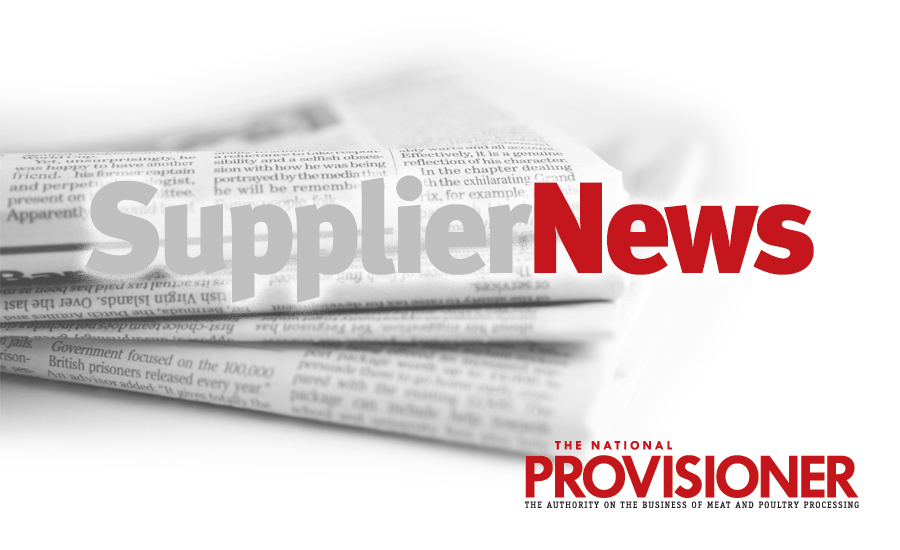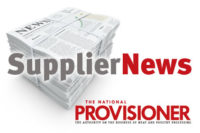Gelest Inc., a leading manufacturer and innovator in the material sciences industry, today announced its BIOSAFE HM4100 antimicrobial received certification from NSF International, an independent and non-profit public health and safety organization. The product is already U.S. Food & Drug Administration (FDA) and U.S. Environmental Protection Agency (EPA) compliant for food contact surface and drinking water applications.
BIOSAFE HM4100 antimicrobial, the keystone of Gelest’s BIOSAFE product line, is now certified to NSF-51, “for use as an antimicrobial to preserve finished food contact articles,” according to NSF International. These are food preparation surfaces where the antimicrobial is incorporated into the resin, a food contact layer, a coating additive or a polymeric beverage tubing.
“The NSF certification demonstrates additional product approval to manufacturers in the commercial food service and processing industries, as well as the residential kitchen market,” said Donald J. Wagner II, technical marketing manager and inventor on the BIOSAFE patent. “It ensures these customers compliance and effectiveness for creating antimicrobial food contact surfaces with BIOSAFE HM4100.”
Applications include commercial food prep surfaces, coatings, thin films, laminates, polymeric beverage tubing and activated carbon water filter media.
BIOSAFE protects food contact materials and extends their useful life, keeping them fresher and cleaner, for a longer period of time. The moisture and nutrients that can reside in food contact materials are a prime place for microbes to flourish. This can lead to unwanted fouling from bacteria, mold, mildew, and even algae. Microbes plague the food industry, causing massive losses and costly product recalls. Staining from mold, odors from bacteria, and bad tasting beverages are on the front lines of what the food industry is battling every day.
NSF certifies BIOSAFE HM4100 Antimicrobial may be used at up to 1 weight percent of a food contact coating. The typical loading level, though, of BIOSAFE antimicrobial to effectively treat a given food-surface coating quantity is between 0.2 and 0.5%.
Gelest supplies BIOSAFE HM4100 antimicrobial as a powder. More cost-effective than conventional silver-based antimicrobials, the BIOSAFE technology renders food-contact products bacteriostatic, fungistatic, and algistatic in an environmentally sustainable manner. It eliminates the safety issues associated with leaching antimicrobials while reducing the cost to protect finished goods.
The BIOSAFE HM4100 polymeric antimicrobial forms hydrogen bonds with the host polymer or substrate by a variety of mechanisms. Depending on the substrate, it initially forms hydrogen or oxane bonds. Ultimately, BIOSAFE HM4100 becomes permanently entangled with the host and forms an interpenetrating network with the plastic resin or coating, rendering the antimicrobial non-leaching.
BIOSAFE HM4100 antimicrobial contains no volatile organic compounds (VOCs), heavy metals, arsenic or polychlorinated phenols. Toxicity tests have demonstrated that BIOSAFE products do not cause irritation or sensitization with or on skin contact. BIOSAFE chemistry is registered with the EPA as HM4100 Antimicrobial Reg. No. 83019-1.
With proper integration, BIOSAFE products exhibit high antimicrobial performance in ISO and ASTM testing. The active ingredient in the BIOSAFE antimicrobial was developed and registered with the U.S. EPA in the mid-1970s, and has since been widely used in numerous applications. Gelest Inc. has expanded the breadth of applications and manufacturing processes by removing VOCs and making the antimicrobial available in the new polymeric powder designated HM4100.
For more information, visit www.gelest.com.




Report Abusive Comment